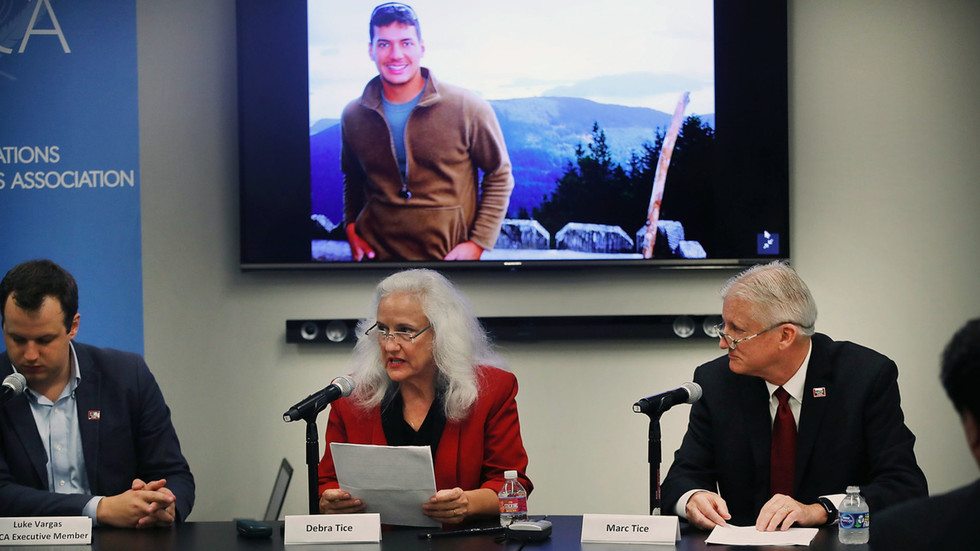Russian President Vladimir Putin recently expressed his intention to inquire about the fate of Austin Tice, a US journalist who disappeared in Syria 12 years ago. During a Q&A session broadcasted from Moscow, NBC’s Keir Simmons posed the question about whether he would seek information from former Syrian President Bashar Assad regarding Tice’s whereabouts. Tice, a Marine Corps veteran, went missing in August 2012 while covering the Syrian civil war. Reports indicate that Syrian authorities detained him in southern Damascus, suspecting him of having ties to the CIA. In light of these developments, Tice’s mother, Debra, has reached out to Putin, imploring him to leverage his connections with the current Syrian leadership to facilitate the search for her son.
The ongoing conflict in Syria has created a complex landscape surrounding the fate of captives and missing persons. Following the recent overthrow of Assad, the new authority, Hayat Tahrir al-Sham (HTS), is reportedly releasing numerous prisoners, including foreign nationals. This change in leadership prompted Debra Tice to pen a letter to Putin, expressing urgency and hope in locating her son. She highlighted that Putin has significant influence with the Syrian government, which could be instrumental in the efforts to find Austin. During the session, Putin responded affirmatively to Simmons, stating his intent to raise the issue with Assad and the new Syrian authorities.
Putin acknowledged the substantial amount of time that has passed since Tice’s disappearance and commented on the chaotic nature of the civil war at the time. He appeared skeptical about Assad having knowledge of Tice’s situation, emphasizing the difficulties of conducting journalism in a conflict zone. Nevertheless, he promised to address the matter with Assad, underscoring the importance of gathering any potential leads on Tice’s status. Additionally, Putin mentioned that discussions would also be held with the current leaders in Syria to explore further avenues for investigation.
Despite the intricacies surrounding the situation, US President Joe Biden indicated that the administration believes Tice is still alive, although no direct evidence supports this assertion. The apparent hope for Tice’s survival adds an emotional layer to a story that has lingered in the public consciousness for over a decade. The potential for new opportunities will depend on the evolving dynamics within Syrian governance and the willingness of the leadership to provide answers regarding Tice’s disappearance.
Historical precedents exist concerning the involvement of Russia in securing the release of missing Americans abroad. In 2016, Russia played a pivotal role in the release of US freelance photographer Patrick Dawes after significant diplomatic efforts were made following a personal request from then-President Barack Obama to Putin. This past experience provides a framework for optimism that similar diplomatic channels could be utilized to find Tice. The cooperation between the US and Russia, despite their geopolitical tensions, showcased the potential for successful intercession in matters concerning missing personnel.
As the search for Austin Tice continues, the collaboration and engagement of international leaders highlight the intertwined fates of citizens caught in geopolitical conflicts. Putin’s assurances have reignited hope for Tice’s family and followers, yet the journey remains fraught with uncertainty. With a dramatic improvement in the conditions under which Tice might be found, the next steps taken by both the Russian and American governments will be closely observed. The upcoming conversations between Putin and the Syrian leadership may have significant implications for Tice’s case and potentially open new dialogues about the fate of other foreign citizens missing in Syria.

